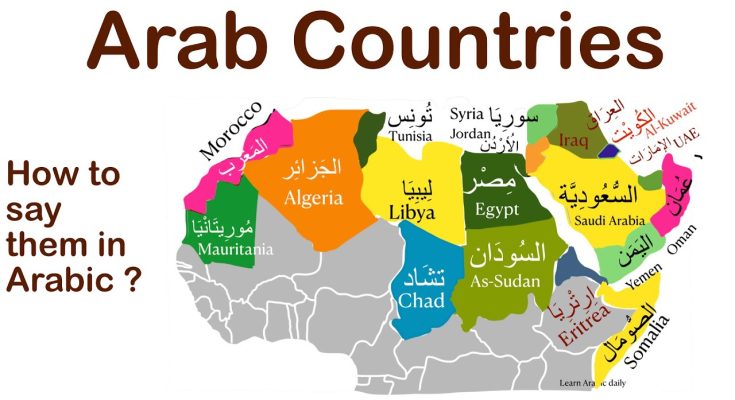It is now common knowledge that Israeli soldiers bombed Nuseirat refugee camp, killing over 200 people seeking shelter from the ongoing war. This was in an attempt to rescue four Israeli hostages.
Amid the gruesome murder of Palestinians in the Gaza war, there have been large Palestine solidarity protests throughout the Arab world and beyond. These protests have alarmed many ruling elite and “world powers” who fear that the Israel-Palestine issue could revolutionise the region.
They see it as a dangerous situation that could lead to destabilisation. Consequently, a number of Arab states, including Egypt, Jordan, and Saudi Arabia, along with some western countries, have begun clamping down on pro-Palestine activists within their borders.
This crackdown in Arab countries may or may not be surprising. It should be understood on two levels. The first level pertains to protests in these countries in general. The second is specific to the Palestinian issue.
A fundamental question arises: why can’t the Arab regions allow protesters to demonstrate and show solidarity with Palestine? The simple reason is that these governments often suffer from legitimacy crisis. They see any grassroots movement as potentially threatening, regardless of the cause.
Most Arab governments aim to co-opt and regulate such movements to prevent them from ever challenging the regime.
One wonders why Arab authorities are afraid to align with the Palestinians and help them achieve their sovereignty. The Israeli have made life for Palestinians a living hell, comparable to chickens that can be killed at any time.
Furthermore, Arab states today do not support Palestinian nationalism because it is a source of popular mobilisation in the Arab street. The Arab Spring, which toppled several governments, is still fresh in their minds.
The war in Gaza has exposed the weaknesses in many Arab governments. On one hand, Arab regimes must cater to public opinion by making symbolic gestures in support of the Palestinian cause. On the other hand, no Arab state wants to confront Israel. For many, this reluctance is tied to their relations with the United States, which provides them with security and, in some cases, critical financial benefits.
In the end, Palestinians are winning this war with the growing number of people rallying around them. For instance, South Africa has instituted a case against Israel for committing genocide against Palestinians. Many countries, like Nicaragua, Belgium, Colombia, Turkey, and Libya, have joined the suit. Eventually, many more will join.
Winning the war again, the Palestinians are on their way to freedom as many countries now acknowledge that the only way to end the conflict is to recognise Palestine as a sovereign state.
A significant number of Palestinians have lost their homes and properties, and more than 37,000 precious lives have been lost in the struggle for freedom. One can only wonder: what an expensive freedom!
Idris Umar Feta,
Wuye, Abuja.
@findarumar@gmail.com




